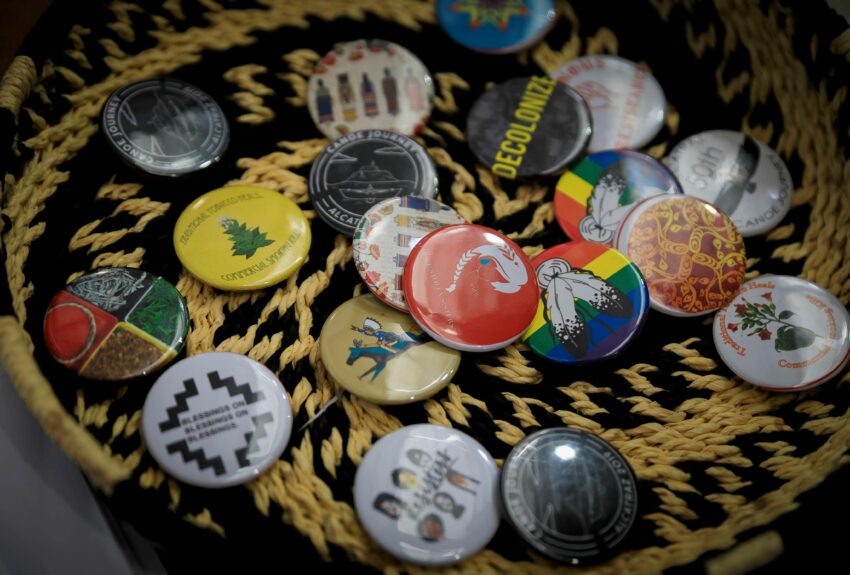
Engagement
KES was approached by Justice Canada to support an engagement that would help Justice Canada in the development of an Indigenous Justice Strategy (IJS) aimed at reducing the overrepresentation of Indigenous people in the justice system and addressing the systemic racism of the colonial justice system. KES has been working with Justice Canada since the Spring of 2022 to create and implement an engagement plan that ensures that Indigenous voices across distinctions, regions, and demographics from coast to coast to coast have the opportunity to share insights, opportunities, barriers, and ideas related to the IJS.
Our approach has included a Research and Planning Phase, a multi-wave Engagement Phase, a Drafting Phase, and a Review and Revise Phase. Across all waves of engagement, including virtual engagement, online engagement via a web platform, and in-person engagement dialogues, we have received input from more than one thousand participants representing every province and territory, all three distinctions, and participants from grassroots organizations, government agencies, members of the judiciary, academia, community supports, corrections, people with lived experience, and local leadership.
The IJS project was a truly pan-Canadian project spanning coast to coast to coast which placed a significant focus on Canada’s North. The project involved meeting with, engaging, and hearing from Indigenous people across the country to shape a Canadian Indigenous Justice Strategy. It was crucial for the voices from Canadians from every Province and every Territory to be heard in order to inform the strategy. To properly obtain representation from all Canadians, KES worked to ensure that voices from across the country were heard.
The project was carried out in two Waves with various meeting types:
- Wave 1: Pre-Briefings
- Wave 1: Virtual Formal Dialogues
- Wave 1: Knowledge-Sharing Sessions
- Wave 1: Lived Experience
- Wave 2: Regional – In-Person
- Wave 2: Regional – Virtual
Given the large geographic scale of the project, KES was required to be thoughtful from a time, financial, and environmental standpoint with respect to travel, ensuring efficiency and having the smallest possible environmental footprint.
Across two waves of engagement over nearly eighteen months, we spoke with more than 1,000 participants representing communities, nations, organizations, and governments from coast to coast to coast. We identified more than 40 specific action items and highlighted dozens of case studies including small grassroot community initiatives and federal programs available in jurisdictions outside Canada. We wrote four reports and presented findings to working groups, federal partners, and the Minister’s office. Justice Canada is now using the information we learned throughout the engagement and synthesized into reports to draft the initial Indigenous Justice Strategy.
